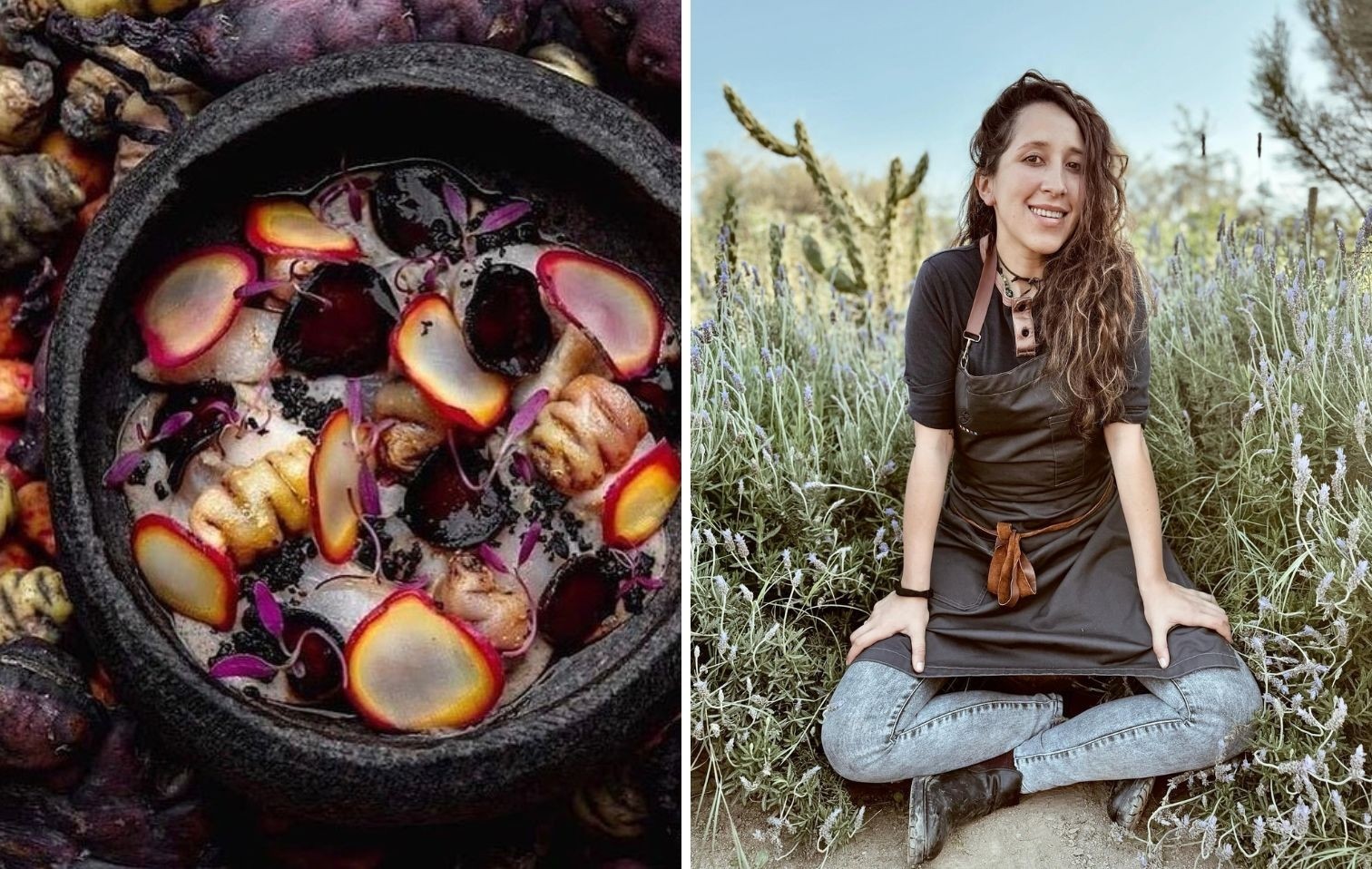From Gustu to Arami, the young chef talks about and celebrates her country's biodiversity, exploring novel ingredients and ancestral techniques.
The anointment of an out-of-the-box chef
At just 35 years old, Marsia Taha Mohamed has been voted Latin America's Best Female Chef for 2024 by the prestigious Latin America's 50 Best Restaurants ranking. A native Bolivian, Taha has become an iconic figure on the continent's culinary scene thanks to her pioneering work at Gustu restaurant in La Paz, one of the most renowned in Bolivia. The chef will be celebrated on November 26 at a special ceremony in Rio de Janeiro, where she will receive the coveted award along with other icons of Latin American gastronomy.
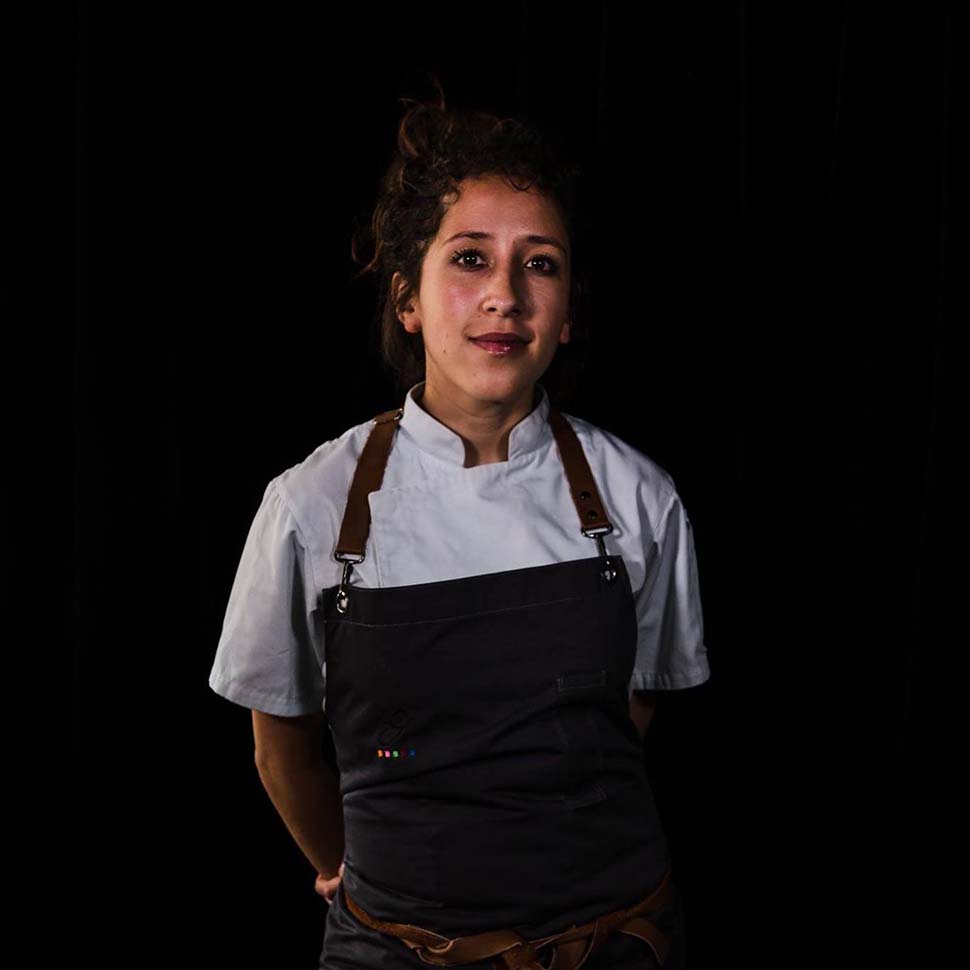
After ten years at the helm of the Gustu kitchen, Taha has decided to embark on a new journey: the creation of Arami, a restaurant that promises to be a “piece of paradise,” as its name in the Guarani language suggests. This personal project is a way for Taha to further explore her country's culinary roots and to promote sustainability, principles to which she is deeply attached. In parallel, she is also one of the founders of Sabores Silvestres, an initiative created to enhance the value of the Bolivian Amazon's local ingredients and to ensure support for the indigenous communities that produce them.
A journey between different cultures
Marsia Taha is the result of a fascinating meeting of cultures. Born in Bulgaria to a Palestinian father and Bolivian mother, she spent her childhood in Bolivia, where she developed her passion for cooking. In 2013, she joined Gustu, which under her leadership has become an international benchmark, ranking 23rd among the best restaurants in Latin America. Thanks to her leadership, the restaurant has won numerous awards, but more importantly, it has become the springboard for Taha's mission: to enhance Bolivian ingredients and make them known to the world.
Unusual ingredients and ancestral techniques
Marsia Taha's cuisine is distinguished by the use of unusual and often surprising ingredients. These include crocodile and culonas ants, two specialties that tell the story of the Bolivian Amazon and the culinary wisdom of indigenous communities. Taha has worked closely with the indigenous Tacana people, who sustainably harvest crocodile meat once a year. This ingredient, which is sold in some markets in large Bolivian cities, has become one of the most interesting dishes offered by Taha on his menus.
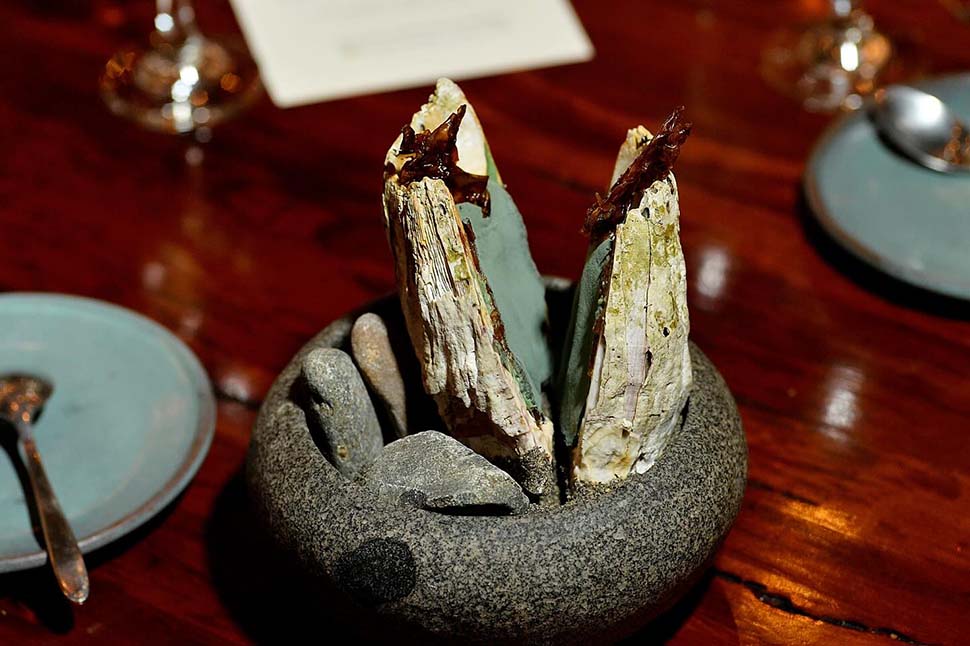
Culonas ants, or tujo, are another example of how Taha knows how to turn the ordinary into the extraordinary. Collected during the rainy season, these flying ants are caught by locals and are prized for their peanut-like flavor. No less fascinating are the tuyu-tuyu larvae, which grow inside palm trees and provide a nutritious snack for Amazonian communities. Taha cuisine is not just a gastronomic experience, but a journey through the traditions and flavors of an often ignored territory.
A deep connection with the land
In addition to Amazonian ingredients, Taha explores ancestral techniques used to preserve food in Bolivia. Freeze-drying, for example, is an ancient method of preserving tubers for months and is practiced in the highlands of the country. This technique, still fundamental to many highland communities today, is an example of how tradition can coexist with gastronomic innovation.
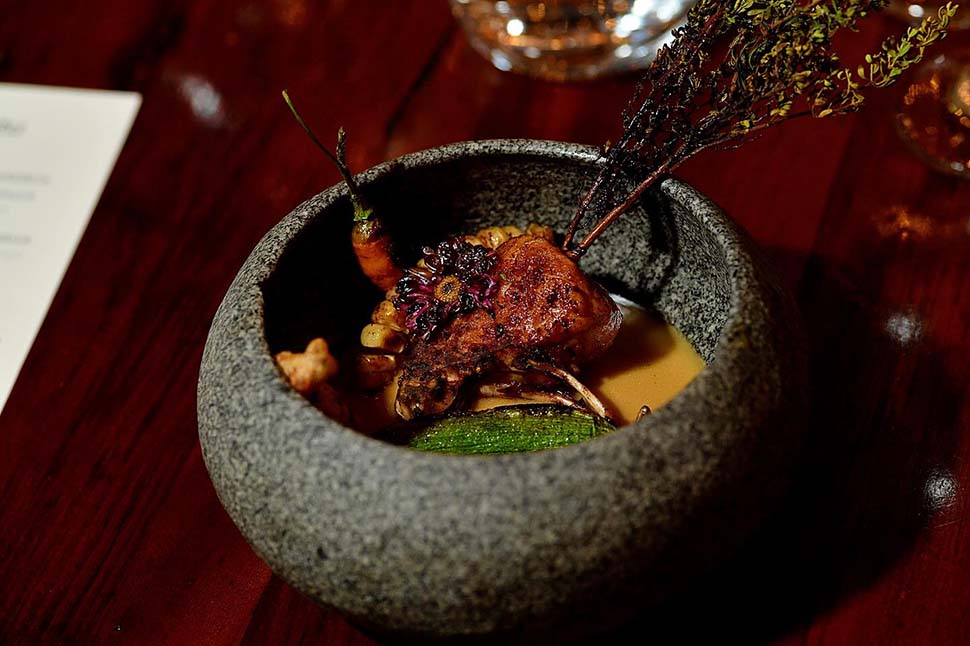
Taha also stands out for her focus on cassava, or yucca, a versatile food with more than 30 different preparation methods in Bolivia. And there is no shortage of nods to coca leaves, which the chef uses extensively for their high nutritional properties. This integrated approach, which blends the rediscovery of local ingredients with a deep respect for Bolivian food culture, makes Marsia Taha one of the most innovative and revolutionary chefs on the global culinary scene.
What's next?
With the launch of Arami, Marsia Taha is set to write a new chapter in her career. The restaurant, still in the planning stage, promises to become a creative laboratory. Here, Taha will be able to continue her work of exploration, combining novel ingredients and ancient techniques with the goal of telling the world about Bolivia's biodiversity and cultural richness.
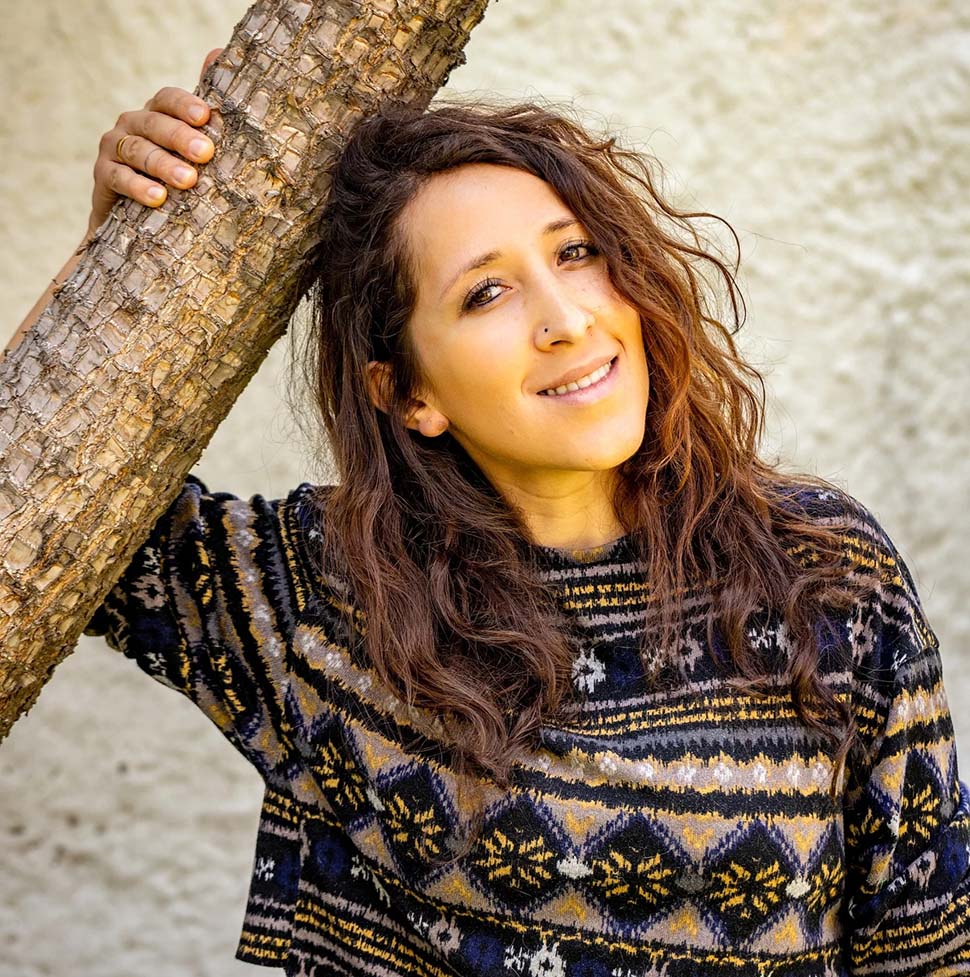
With her talent, tireless curiosity and respect for indigenous communities, Marsia Taha is not just a chef: she is a storyteller who uses food to tell stories. And her stories speak of a Bolivia that, through cooking, rediscovers its pride and makes itself known to the world.
